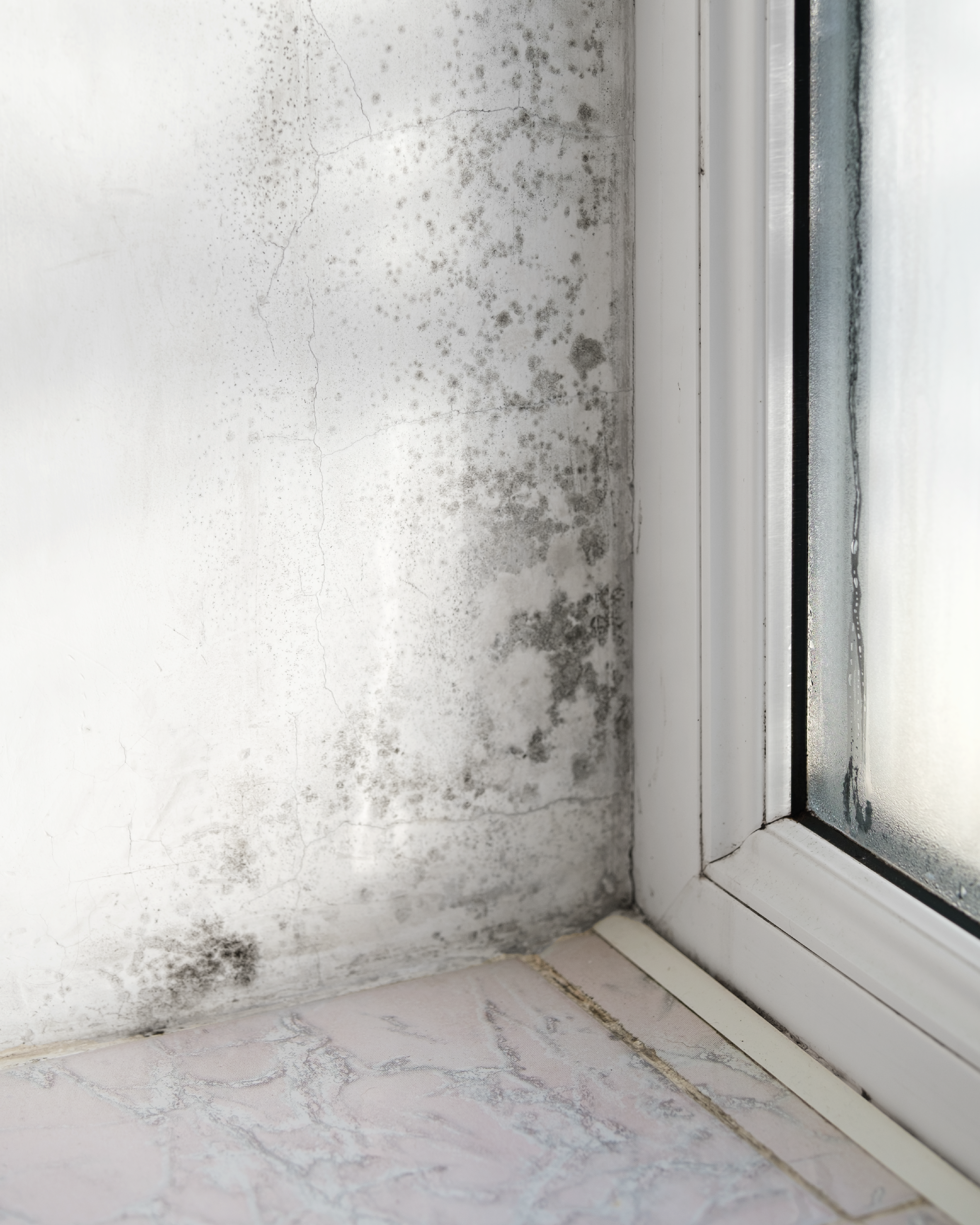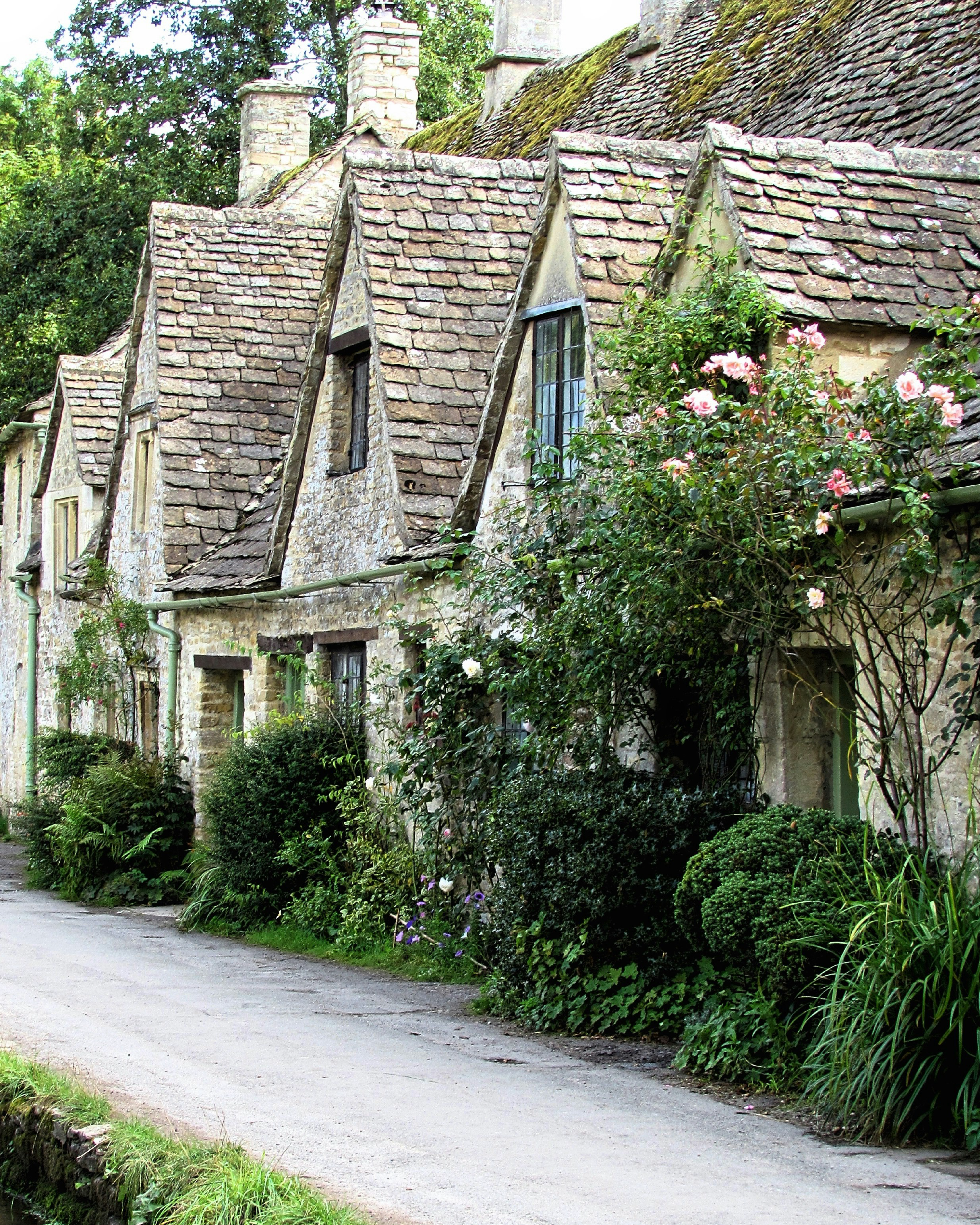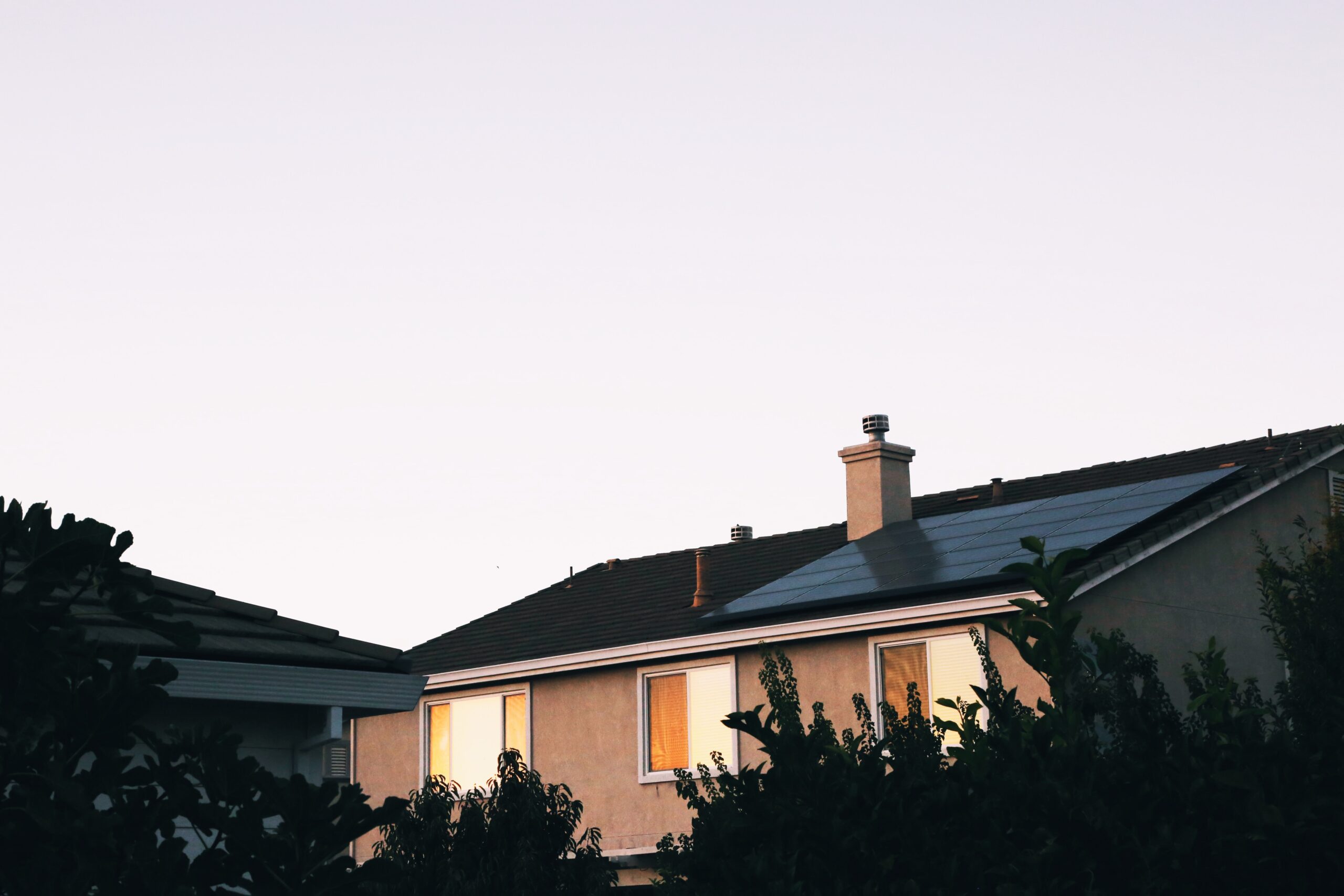

Au revoir, Green Homes Grant
The UK’s Green Homes Grants have gone down the drain, but France’s MaPrimeRénov’ came up smelling of roses. Why?
The UK is as desperate as the EU membership to meet its decarbonization commitments, but is having a hard time of it thanks to outdated housing stock and a torpid building sector. Setting up a ‘green grants’ scheme that delivers house upgrades and boosts the sector ought to be what the French call a situation gagnante, or win-win. But, last month, the trumpeted Green Homes Grant joined the Green Deal on the scrapheap.
Seeing two of its flagship schemes trashed in less than a decade would be a setback for any government, but the fact that both these well-meaning initiatives were in one of the most newsworthy areas of UK policy must really sting.
When French Ecology Minister Barbara Pompili last month made a very public course correction on MaPrimeRénov’, her nation’s Green Homes Grant equivalent, she sounded distinctly proprietorial.
She was right to do so. The French scheme may have needed a bit of fine-tuning, but there’s no doubt that the people who devised it succeeded in engineering a situation gagnante.
Whether in government or the building trade, we should learn from the French achievement. How can we become a bit more, er, Gallic? Here are three pointers.
1. Nothing new
Home improvement grants have been part of the political landscape for generations. While the UK legislators who drafted the Green Homes Grant and the New Deal seemed to imagine a green ‘Year Zero’, the architects of MaPrimeRénov’ were more pragmatic, making room for long-lived initiatives like Certificats Économie d’Énergie (CEE).
Such an approach risks subjecting applicants to extra levels of bureaucracy, but it also maintains continuity and eases the uptake of new policy. How about bringing long-established and popular UK legislation like the Cold Weather Payment under the umbrella of a new scheme?
2. Keep it simple, stupid
The cornerstone of the Green Deal (d. 2015) was the idea of fronting consumers money to carry out green upgrades and then clawing it back from their utility bills. That probably sounds appealing, especially if you’re a cash-strapped energy minister with a department that’s near the back of the queue for Treasury handouts.
The problem was that those loans were attached to properties. UK homeowners quickly realized that multi-year Green Deal obligations would turn into a major drag if they tried to sell their houses before repayment was completed. Factor in the seven per cent interest rate, and you’ll understand why only 14,000 householders ever dabbled in the scheme.
The Green Homes Grant was equally bad, but in a different way. Participants received vouchers which they could allocate to measures designated ‘primary’ or ‘secondary’… and subject to complex sets of conditions and prioritizations. Sacre bleu!
By contrast, MaPrimeRénov’ takes a ‘fixed price’ approach, with a clear menu that lists potential renovation projects and sets out the corresponding allocations of state cash. Tout simple!
3. Priorité a gauche?
In any win-win situation, one win will usually outweigh the other. Close reading of the MaPrimeRénov’ legislation suggests a situation gagnante in which the needs of builders and allied trades come first. The legislation includes provisions for familiar, straightforward works like ventilation improvements and replacement boilers… and largely sidesteps ‘bleeding edge’ green tech.
That last point might turn out to be the most significant in the long term. Followers of EU energy policy will recognize the adroitness with which MaPrimeRénov’ has aligned green ideology with more parochial objectives. If it is to succeed, the UK’s third attempt will need to be similarly clear-eyed.









